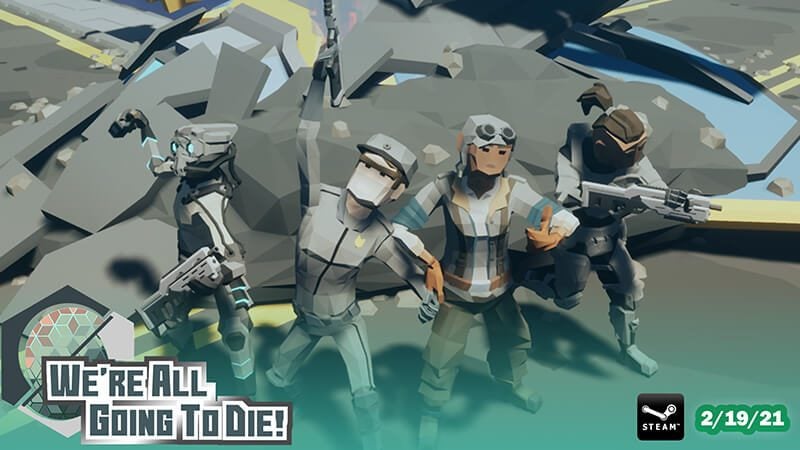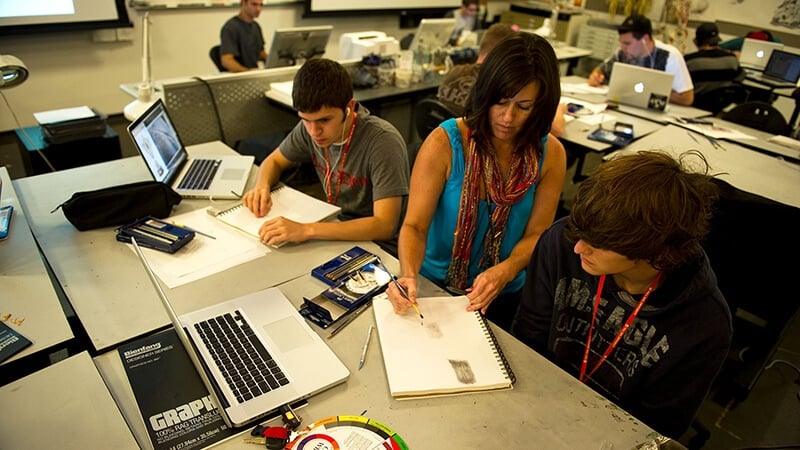Career Information
What’s Your Job? Search Experience Architect
Update: In November 2018, Full Sail’s Internet Marketing programs were updated and are now Digital Marketing Bachelor’s, Digital Marketing Master’s, and Digital Marketing Certificate.
Internet marketer Harris Schachter is passionate about a field that, for some, seems like a confusing jumble of acronyms and lingo, like SEO, SEM, PPC, XL, and IA.
But that doesn’t mean the Full Sail grad doesn’t know how to lighten up his profession.
Playing off of the Transformers franchise, Harris’ popular ‘OptimizePri.me’ blog has this tagline on his home page: “Transform into findability. Or, you know, a truck.”
Harris, who graduated in 2011 from Full Sail’s Internet Marketing Master of Science degree program, refers to himself as a “Search Experience Architect.” By day, he works as a search marketer for a Fortune 200 company. In his spare time, he freelances as an Internet marketing consultant.
We asked Harris to explain a little about what he does, what he likes about Internet marketing, and the biggest errors he sees companies making.
FSB: You call yourself a Search Experience Architect — what do you mean by that?
HS: I prefer the label Search Experience Architect because it is more applicable to what I do in my career. Search experience architecture is the ability to identify, construct and build an experience, which starts in natural or paid search, up until the moment of conversion [the company’s goal]. Whether the task is to buy something, read a great piece of content, or just to compare your products with your competition, all of these start with an information need, and it is up to us to provide a satisfactory experience. This discipline combines SEO [search engine optimization] or PPC [pay per click], UX [user experience design], content strategy, web analytics, and information architecture.
FSB: How do you typically assist companies?
HS: Put simply, I help companies drive traffic to their site and then assist in converting that traffic into customers. Whether it is organic search, paid search, social media marketing, content marketing, or conversion rate optimization through analytics, I can find opportunities and provide ways to take advantage of them. Once I get up to speed about a product or service, I help businesses find exactly who their target audience is and how to attract them in a way that doesn't feel obtrusive, but instead helpful.
FSB: How long have you been consulting for companies in this role?
HS: Since graduating, I have worked for every size business imaginable – from single proprietorships, to Internet marketing agencies, to Fortune 200 companies. I enjoy them all because I get to learn about new businesses, and genuinely enjoy this line of work.
FSB: What are the biggest mistakes companies are making with regard to their SEO, social media strategy, etc.?
HS: The biggest mistake I see companies make is one of two scenarios: Too little or too much. Some companies don't realize how much they're leaving on the table and aren't willing to invest in SEO, social media, and content marketing. I don't blame them either - there are a lot of people out there who claim to know what they're doing, but can end up really hurting a business and making them distrusting of the industry as a whole. You get what you pay for, and many businesses simply aren't willing to invest in it. The gap between great SEO and mediocre SEO is very wide – both in terms of the results achieved and in price range.
The flip side of this is too much. I see a lot of small businesses [that] get razzle-dazzled into being retainer clients for 'SEO agencies' who really don't need to be. With a new client, such an agency gets about 6-8 months to clean up a site, fix any technical issues there may be, straighten out the citations across the web for local search, and that's about it. After these foundational on-site optimizations, it is up to the business to take what they've learned and run with it. That money is much better spent training a person on their staff in the basics of site optimization and Internet marketing. Many market niches simply are not very competitive, and it doesn't take very much to get ahead. I do think there is value in keeping a long-term Internet marketing resource to help businesses achieve long-term success, but SEO alone isn't going to be as effective as a holistic marketing partner to succeed in all channels.
FSB: What do you love about this field? What are your own strategies for maximizing your reach and staying relevant in this field?
HS: The best thing about this field is the opportunity to be constantly learning. Since everything I do is data driven, my work consists of a series of experiments. With each one comes new insights and observations – whether or not the experiment achieve positive results. As you know, Internet marketing lets you fail faster and with less investment.
It all just boils down to the fact that I enjoy what I do. In regard to maximizing my reach, I personally don't put too much effort into it; I just concentrate on moving the discipline forward and never stop learning. You can read more about me and my endeavors on my site, OptimizePrime.
You can also find Harris on the Full Sail Internet Marketing group on LinkedIn, which he manages.
Whether you’re ready to apply or just want to learn more about Full Sail University, our Admissions Representatives are here to help. Call us or request more information.
Keep Exploring
- New Media Journalism
- Career Networking Events
- Simulation & Visualization
- Digital Cinematography
- Life at Full Sail
- Industry Partners
- Instructional Design & Technology
- Image Gallery
- Online
- Interactive
- Business
- Staff
- Scheduling
- Emerging Technologies
- Computer Animation
- WWE
- Mentorship
- Sports
- Degree Info
- News
- Events

